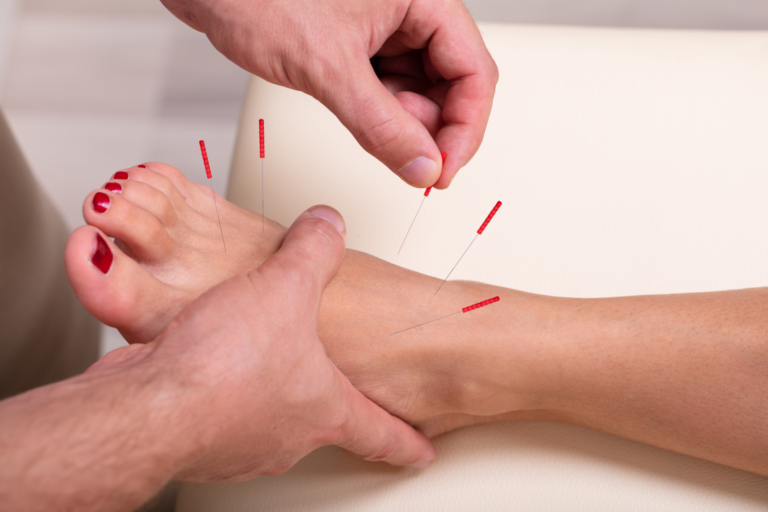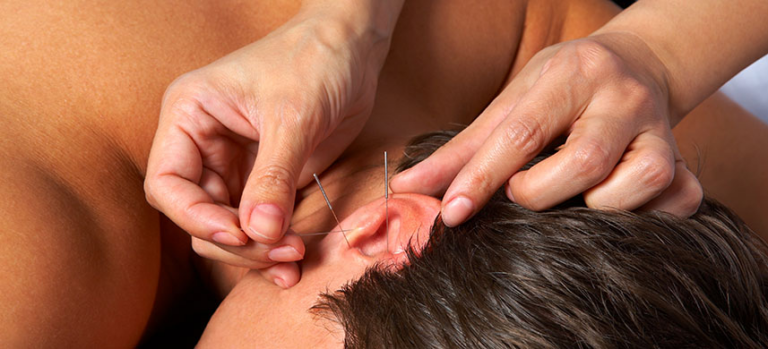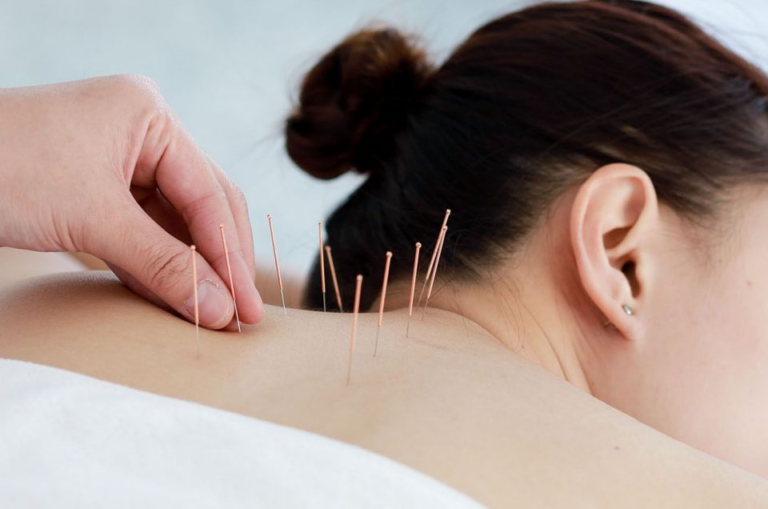
Acupuncture is an ancient therapeutic technique that has gained modern popularity. Many are often concerned about feeling worse the day after receiving acupuncture therapy. This blog post addresses these concerns by examining healing reactions, impacts on sleeping, feelings during treatment, diet recommendations, and practical tips for the period after therapy. Knowing this well will make it easier to negotiate through your acupuncture session and benefit from its healing powers.
What are common reactions to acupuncture treatment?
Common reactions to acupuncture include mild soreness, slight bruising, and relaxation.
Following a session, some people may have feelings of tiredness or dizziness; these are transient and usually disappear in a few hours. Such responses are normal signs that the body is involved in its healing process. When acupuncture stimulates the nervous system and enhances blood flow, it can result in mild symptoms as the body reorients itself. All in all, these reactions indicate that treatment has successfully elicited physiological changes that facilitate recovery.
How does acupuncture benefit mental health?
Acupuncture benefits mental health by reducing stress and anxiety, enhancing mood, and improving sleep quality.
It works by balancing neurotransmitters like serotonin and dopamine which play important roles in mood regulation. Acupuncture also encourages endorphin release – our natural painkillers – thus relieving stress while inducing relaxation. By addressing emotional wellbeing alongside physical health, this holistic method provides an alternative to pharmaceuticals for mental disorders.
What should you expect during an acupuncture session?
During an acupuncture session, expect a calming environment with needle insertion at specific points.
To understand your health concerns and goals, the practitioner will start with a consultation. As needles are inserted, you may feel slight warmth or tingling, but it shouldn’t hurt at all. Sessions typically last between 30-60 minutes and include time for rest and stimulating acupoints. In addition to using acupuncture alone, the practitioner might incorporate other techniques, such as cupping or moxibustion, to enhance its overall effects based on individual needs.

How soon can you feel benefits after acupuncture?
The benefits of acupuncture can be felt immediately or after a few sessions, depending on the condition being treated.
After that, for some the first session brings immediate relief and relaxation, while others find it takes time to get better. Over time, this will result in a cumulative effect of regular acupuncture treatments with profound health benefits lasting for quite some time. As healing progresses, symptoms can continue to improve and this results in a healthier lifestyle and long-term improvements in health. In order to achieve optimal results from acupuncture, one must be consistent.
What aftercare is recommended following an acupuncture session?
Aftercare for acupuncture includes staying hydrated, avoiding strenuous activities, and resting.
One should pay attention to oneself and allow the body to assimilate what has been done. One should spend time on gentle activities such as walking or stretching so that he/she can integrate the effects of the session. Therefore, reflecting on your own experience is an important aspect that provides valuable feedback that can be used for improving treatment procedures in the future. Besides prioritizing self-care like eating healthy foods and having positive thoughts can boost the benefits of acupuncture therapy thereby supporting natural healing process of body.
How does acupuncture improve physical health?
Acupuncture improves physical health by enhancing circulation, reducing inflammation, and promoting pain relief.
In turn, it heals by stimulating certain points and activating natural processes inside the body, which increase blood supply and oxygen delivery into tissues, hence reducing muscle tension and assisting with recovery from injuries. Another reason why acupuncture works is its role in boosting immune system functions by regulating cytokine production, thus helping fight diseases in a person’s body. Acupuncture, therefore, becomes an invaluable tool for maintaining physical well-being because it addresses different bodily conditions by promoting general vitality.
Are there any side effects of acupuncture?
Side effects of acupuncture are rare and generally mild, including bruising, soreness, or fatigue.
These symptoms are usually short-lived and go away on their own within a day or two. They result from the body responding to the stimulation of acupuncture points and are considered part of the healing process. Acupuncture is safe when done by a qualified practitioner with minimal risks involved in its use. Patients should talk to their practitioners about any concerns they may have in order to have an effective treatment experience.

Can acupuncture help with chronic pain management?
Yes, acupuncture helps manage chronic pain by modulating pain pathways and reducing inflammation.
This releases endorphins and enkephalins, which are natural painkillers, thus relieving pain. Acupuncture reduces inflammation and increases blood circulation to promote tissue healing and reduce muscle tension by focusing on specific points. Diseases such as arthritis, migraines, and backache can be effectively treated through this method, thus providing an alternative way of pain relief without using drugs. Frequent therapy sessions may greatly improve the levels of pain and well-being experienced by patients.
How does acupuncture affect the body's energy flow?
Acupuncture affects the body’s energy flow by stimulating meridian points, balancing Qi (energy) circulation.
According to traditional Chinese medicine, Qi flows through pathways known as meridians; if there is an imbalance in these pathways, then health suffers. By inserting needles at certain points, acupuncture opens up these blocked ways so that energy can move normally again (flow), restoring equilibrium. This process enables the body to heal itself naturally while keeping it running smoothly, both physiologically & emotionally speaking. Treatment leads to improved vitality along with well-being through enhanced energy flow.
What are the long-term benefits of regular acupuncture sessions?
Long-term benefits of regular acupuncture include improved immune function, enhanced mental clarity, and sustained stress reduction.
Routine treatments help stabilize bodily functions, thereby maintaining homeostasis. It supports chronic conditions management, lowers chances for the development of diseases, and hence facilitates general well-being. Accordingly, regular sessions often cause more patient energy, increased sleep quality, and better moods. Patients receive comprehensive support for overall well-being over a long period of time through such holistic approaches towards medical care that assist the body’s inherent ability to grow as well as recover using all available means at its disposal.
Closing Thoughts
Knowing post-acupuncture reactions – from temporal uneasiness to long-term benefits – can help dispel concerns and boost healing potentials. The right acupuncturist should, therefore, be consulted for such individualized direction. It can, therefore, be concluded that you need to embrace acupuncture holistically so that you see how it helps balance things out while improving your overall health along your own path to recovery.

